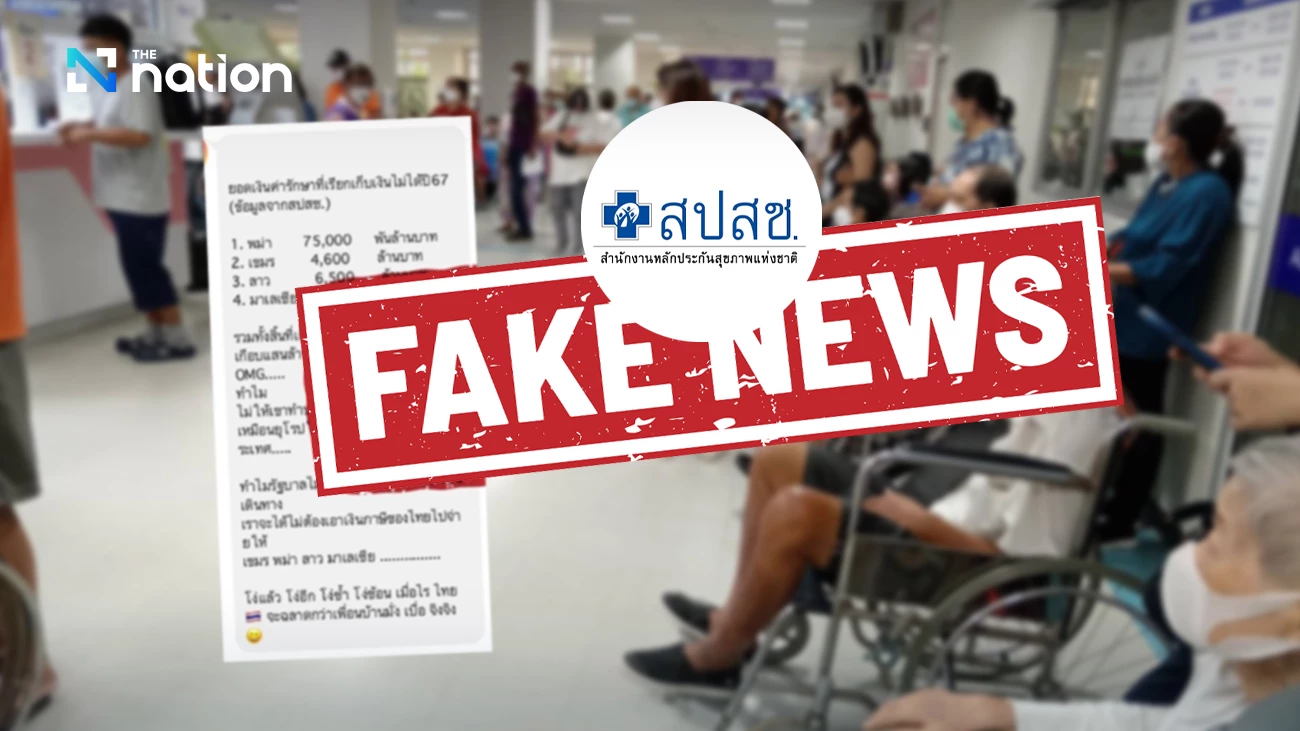Escalating Border Crisis: Thailand and Cambodia Lock Horns Amidst Assassination Rumors and Territorial Disputes!

The relationship between Thailand and Cambodia has been marked by escalating tensions, particularly around their shared border, despite ongoing diplomatic efforts. Recent weeks have seen a surge of allegations, military deployments, and international observation missions aimed at de-escalating the situation.
A significant point of contention arose from claims made by Cambodia’s Minister of Information, citing foreign intelligence, alleging that Thailand planned to assassinate Cambodian leaders Hun Sen and Hun Manet. Thailand’s Ministry of Foreign Affairs, through spokesperson Nikorndej Balankura, vehemently rejected these accusations as “entirely unfounded” and “clearly intended to defame Thailand,” asserting that such “false news” undermines the spirit of dialogue, especially amid General Border Committee (GBC) discussions.
A longstanding and complex issue concerns the Ban Nong Chan village in Sa Kaeo province. Thailand asserts that Cambodians have betrayed Thai hospitality and humanitarian aid by establishing and expanding a community on Thai soil. The area was initially a temporary shelter for Cambodian refugees fleeing the Khmer Rouge in 1977. However, these refugees and their descendants refused to return, expanding their settlements to nearly 200 new homes and claiming the area as Cambodian sovereign land, despite Thailand's border demarcation claims.
In response to this encroachment and alleged landmine laying by Cambodian troops, Thailand erected razor wire entirely within its boundaries to protect its territory. Government spokesman Jirayu Houngsub insisted that this action did not violate the August 7 GBC agreement, which stipulated that neither side would construct structures outside their territories. Conversely, Cambodia is reportedly pressuring Thailand to dismantle these fences.
Allegations of landmine use by Cambodian troops have drawn international attention. The Royal Thai Army (RTA) is leading an ASEAN Interim Observation Team (IOT) to monitor alleged breaches of international law and ceasefire conditions. Prior visits by ASEAN envoys and representatives from countries ratifying the Ottawa Convention (which bans landmines) to Si Sa Ket province revealed evidence of anti-personnel mines and allowed envoys to speak with affected residents. Thailand plans to send video and photo evidence of Cambodia laying landmines to Geneva.
The humanitarian impact of cross-border attacks on civilians has also been a major concern. The RTA, in coordination with the Foreign and Interior Ministries, facilitated a visit by the International Committee of the Red Cross (ICRC). ICRC representatives assessed the situation and interviewed residents in Surin, Si Sa Ket, and Ubon Ratchathani provinces. The ICRC will compile a confidential report on the humanitarian impact for both Thailand and Cambodia, demonstrating Thailand's commitment to humanitarian protection.
The National Security Council (NSC) of Thailand has resolved to file both criminal and civil lawsuits against Cambodian Prime Minister Hun Manet and his father, Hun Sen, in Thai courts. These lawsuits are for allegedly causing deaths, injuries, and property damage to Thais by ordering Cambodian troops to fire at Thai civilians. Acting Prime Minister Phumtham Wechayachai also stated that academics could submit a proposal to sue Hun Manet and Hun Sen in the International Criminal Court (ICC) as war criminals, which he would review with legal experts.
Amidst these developments, disinformation has become a significant issue. The Ministry of Digital Economy and Society (DES) reported that eight out of the top ten fake news items circulating last week were false reports related to the Thai-Cambodian border conflict, with the top three directly concerning the situation. Phumtham Wechayachai underscored the importance of fighting with truth rather than through information warfare, stating, “only the truth can resolve the issue.”
International engagement further highlights the complexity of the conflict. Acting Prime Minister Phumtham met with a US congressional delegation (two Republicans, two Democrats) visiting Thailand to follow regional developments. Discussions covered Thai–US relations, security, economic issues, and investment. The US delegation, which Phumtham viewed as “temporary observers,” was scheduled to visit the Thai–Cambodian border conflict zone in Ubon Ratchathani and was informed about Cambodia’s alleged landmine deployment. They emphasized the need for peaceful solutions prioritizing affected civilians.
Recommended Articles
Tensions Ignite: Thai-Cambodian Border Crisis Escalates Amidst Legal Threats and War Propaganda Claims

Tensions between Thailand and Cambodia persist with a focus on border conflicts, allegations of landmine use, and ongoin...
Border Fury: Thai-Cambodian Standoff Deepens Amid Assassination Rumors & Diplomatic Showdowns

Amid escalating tensions at the Thai-Cambodian border, Thailand is actively refuting assassination claims and widespread...
Escalating Fury: Thailand Accuses Cambodia of 'War Propaganda' Amidst Tense Border Standoff

Thailand and Cambodia are embroiled in heightened border tensions, marked by Thailand's rejection of alleged assassinati...
Border Blazes: Thailand & Cambodia's Fiery Standoff Ignites Fears, Sparks ICC Threats

Tensions persist along the Thai-Cambodian border, marked by mutual accusations of assassination plots and territorial en...
Border Fury Erupts: Thailand and Cambodia Clash Over Land, Threats, and 'Fake News'!

Thailand faces escalating tensions with Cambodia, rejecting assassination plot claims and alleging border incursions and...
Southeast Asian Tensions Soar: Thailand and Cambodia Clash Over Border, Leaders Face ICC Threats

Thailand is actively addressing ongoing border tensions with Cambodia, rejecting assassination claims and confronting al...
You may also like...
Canelo vs. Crawford: Boxing Giants Gear Up for Netflix Showdown

Boxing titans Canelo Alvarez and Terence Crawford are set to clash on September 13 in a highly anticipated super middlew...
Super Eagles Battle Rwanda in Crucial World Cup Qualifier

Nigeria's Super Eagles face crucial 2026 FIFA World Cup qualifiers against Rwanda and South Africa, needing victories to...
Emmy Showdown: 'Severance' and 'The Studio' Predicted to Lead a New Wave of Winners

The 77th Emmy Awards are anticipated to continue the trend of
Cumberbatch and Colman Deliver a Hilarious Divorce Comedy: 'The Roses' Takes Center Stage

"The Roses" is a new dark comedy from director Jay Roach, starring Olivia Colman and Benedict Cumberbatch as a couple wh...
Live Aid Legacy: The Untold Story of the World's Biggest Charity Concert and Rebellious Artists

Live Aid, the historic 1985 bicontinental concert, raised significant funds for Ethiopian famine relief and featured ico...
African Music Royalty: Burna Boy & Davido Lead AFRIMA 2025 Nominations!

The All Africa Music Awards (AFRIMA) 2025 nominations have been announced, revealing a record-breaking number of entries...
Baby Joy: Pete Davidson and Elsie Hewitt Expecting First Child

Comedian Pete Davidson and model Elsie Hewitt are expecting their first child, with Hewitt announcing the happy news on ...
Scandal Erupts: Alexander Brothers Face Mounting Assault Allegations

Luxury real estate magnates Oren, Alon, and Tal Alexander face sex trafficking and assault charges from over 60 alleged ...